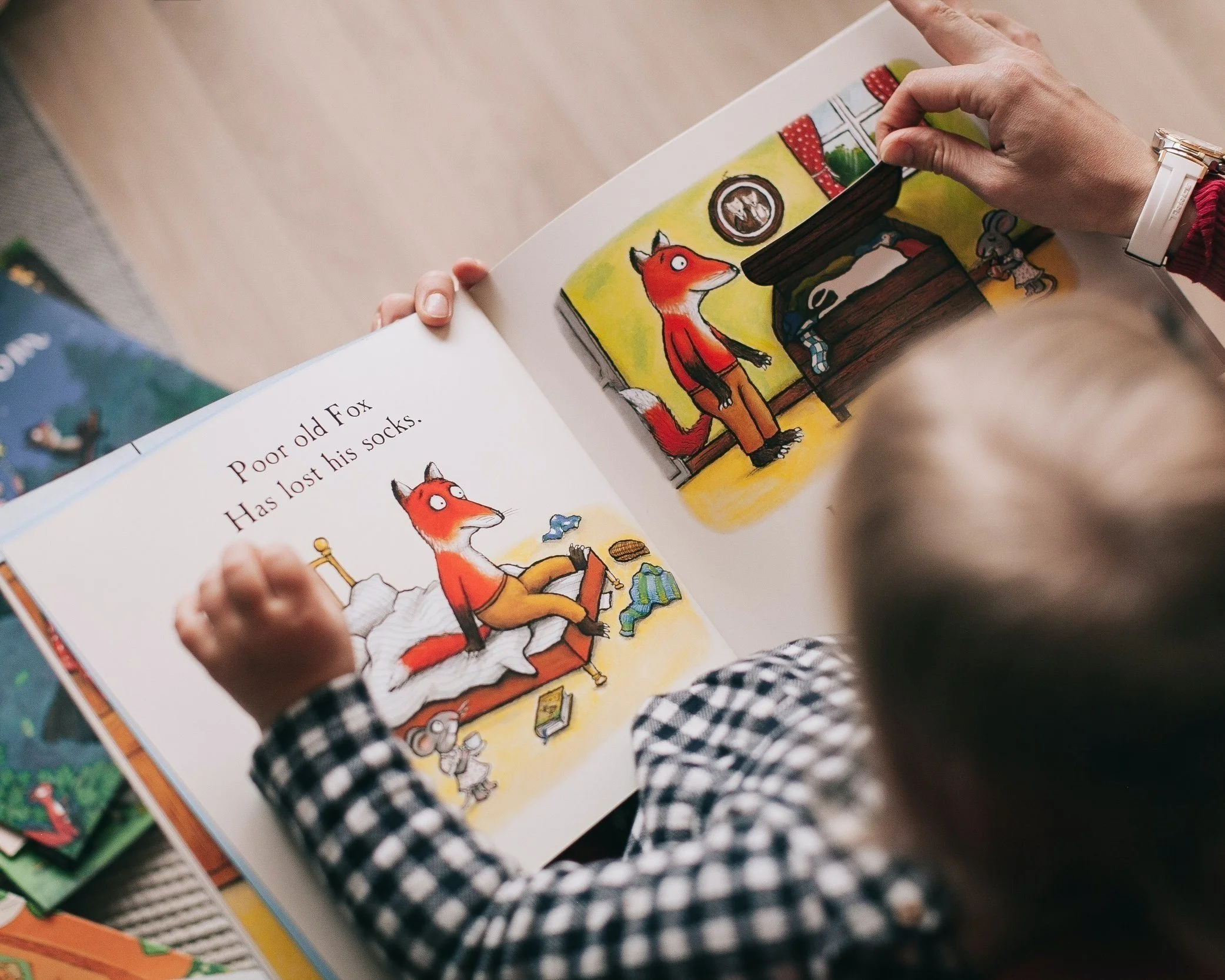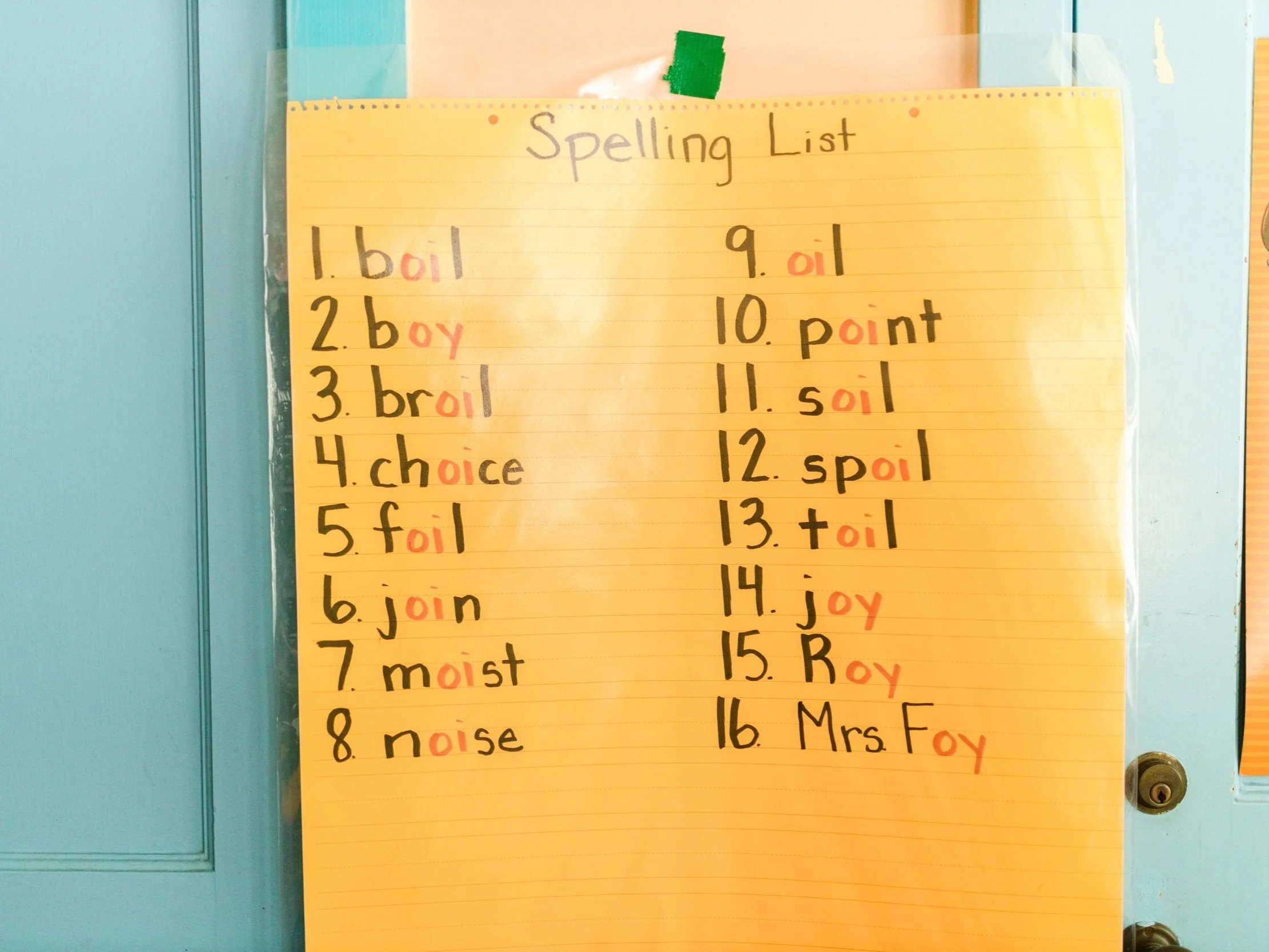Goodbye Sight Words, Hello Phonics
Have you noticed the dramatic shift in the way young children are taught to read at school?
If you haven’t yet, keep your eyes peeled for what’s coming!
Schools are shifting towards a more modern approach to teaching reading, which involves explicitly teaching phonics (the relationship between letters and sounds).
Inevitably, this means there are changes parents need to know about, so we can best help our children at home.
We know you want to stay up to date with what’s going with the curriculum and your child’s learning, so we’ve outlined 3 changes taking place in schools across Australia.
1. Decodable texts vs levelled readers! Why should you care?
No doubt, your child has come home with ‘levelled readers’ or ‘PM readers’ from school for your child to practise reading at home.
A lot of schools are making the switch to using decodable texts. But why?
The problem with ‘levelled’ texts, is that they’re predictable or repetitive in nature. In contrast, ‘decodable texts’ are simple books written for beginning readers, with the key difference being that they contain the specific letter-sounds combinations that children have learned.
How do decodable readers help?
They encourage children to sound out words and practise blending the letter-sounds they’ve been taught, rather than guessing from pictures or predicting from other cues.
If your school doesn’t have decodable texts already, it won’t be too much longer until you see them!
Nonsense words…
What are they?
They’re words that don’t have any real meaning. For example, “blork” is a nonsense word that doesn’t mean anything.
Non-sense words are usually used to teach and assess decoding.
2. Memorising sounds vs memorising ‘sight words’. Why does it matter?
Gone are the days when kids were given a list of ‘sight words’ to memorise. There's a good reason for this.
The problem with this approach is that children were taught to learn to recognise words ‘by sight,’ rather than using their phonics skills (sounding out).
In contrast, phonics teaches children the sounds that different letter combinations make so they can sound out unknown words.
All words eventually become sight words for experienced readers, but it’s the way we teach kids to recognise sound-letter relationships that is key.
Think about it this way…
If a child memorises 10 words, the child can only read 10 words, but if a child learns the sounds of 10 letters, the child will be able to read 350 three-sound words, 4,320 four-sound words, and 21,650 five-sound words.
Kozloff, 2002
Letter ‘sounds’ vs ‘letter names’.
What’s more important?
For kids to be able to write and read, they need to learn the sounds letters make, not their names.
Think about it.
“Bee-aye-tee”, no matter how fast you say it, it will never blend together to make the sound “bat.”
Whereas, if you teach your child the sounds “b-a-t”, there you have it!
In the early stages of learning to read, there is less focus on the alphabet and using ‘letter names’, and more emphasis on letter sounds.
Want to know more about how your child is going with their reading and phonics?
A great place to start is having a chat with your child’s teacher, if you haven’t already. Share any concerns you have with them, and be sure to ask their teacher if they have specific suggestions on how you should work with your child. Your child will learn more effectively if what you do at home is consistent with the activities they are doing in school.
Working with a tutor is an excellent way to help your child build their reading and spelling skills.
Our Phonics Booster sessions are great for children who are at the beginning of their phonics journey, as well as for older children who may have not entirely grasped the basics. Our tutors make phonics intervention fun, whilst helping kids develop strong reading skills and confident learners.
You can book a no-obligation call with one of our team to find out more about how our specialist primary tutors can support your child on their learning journey.




